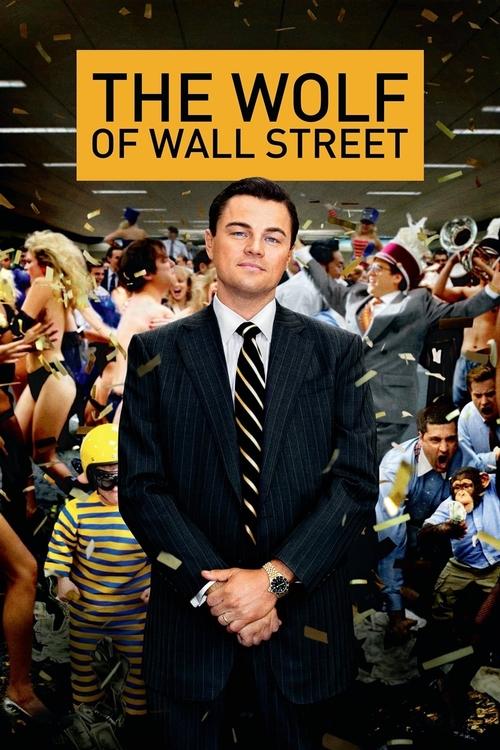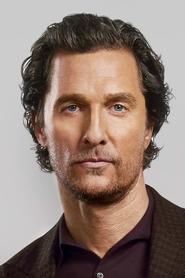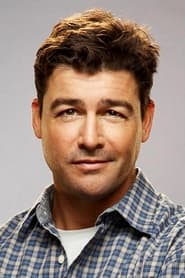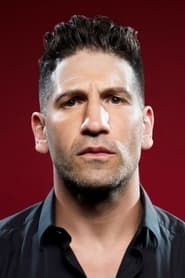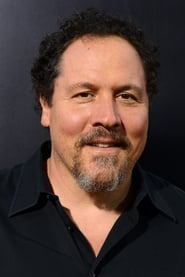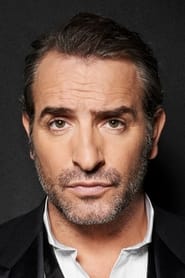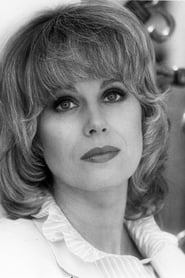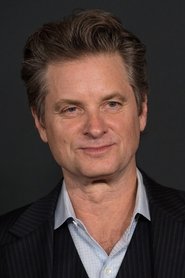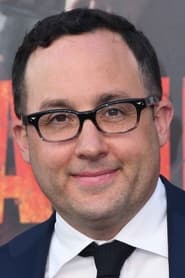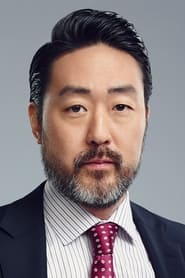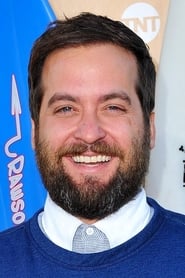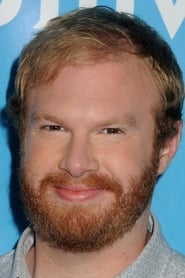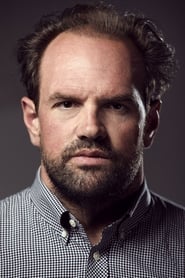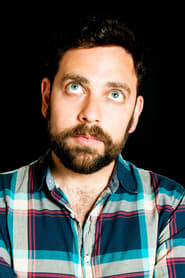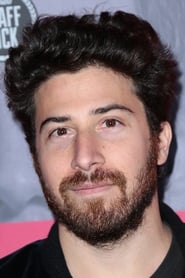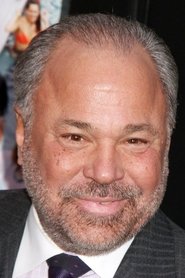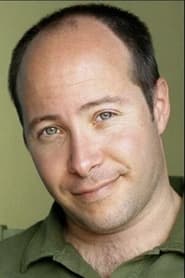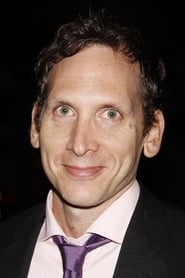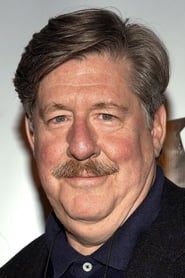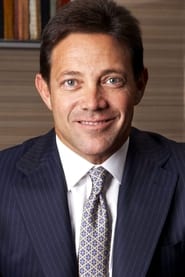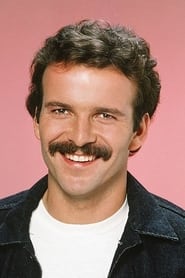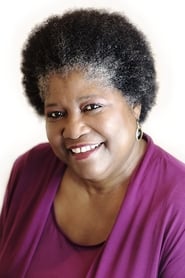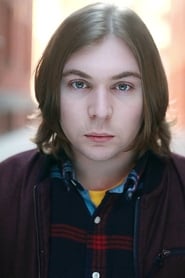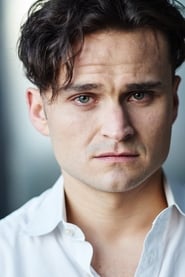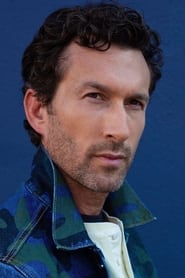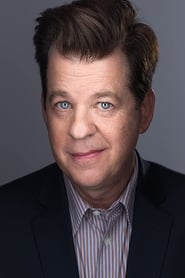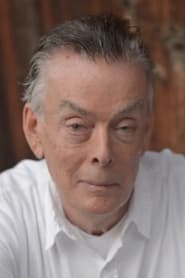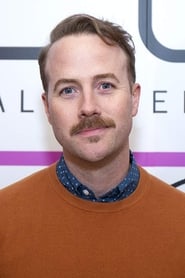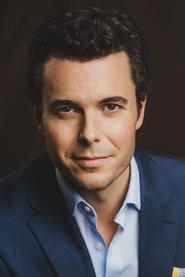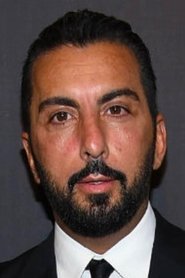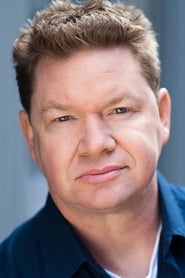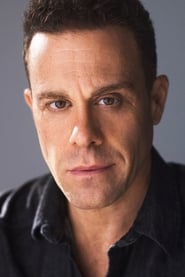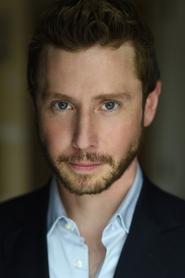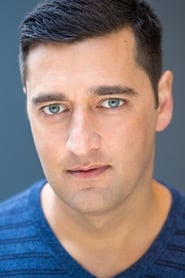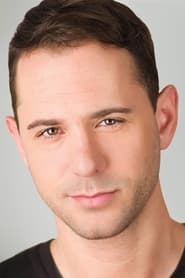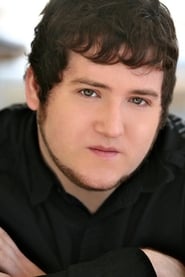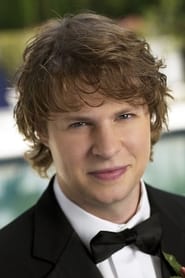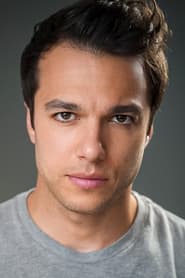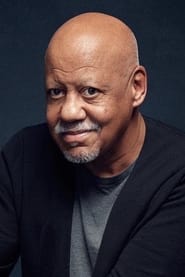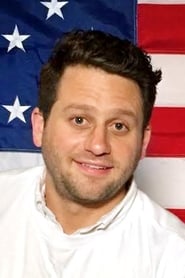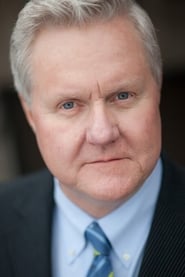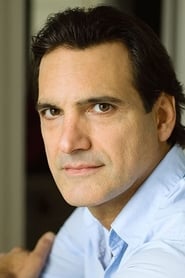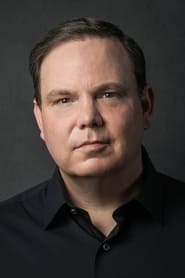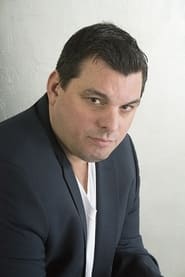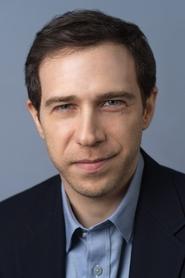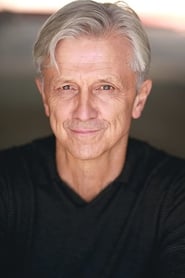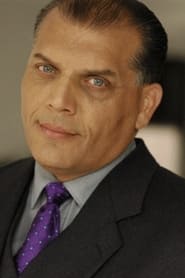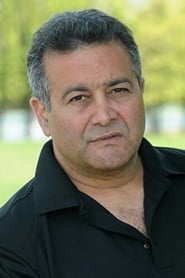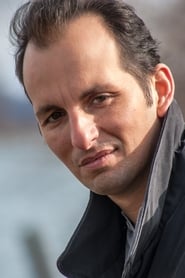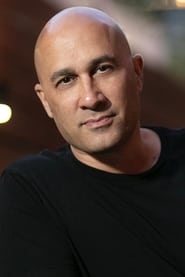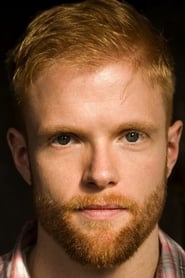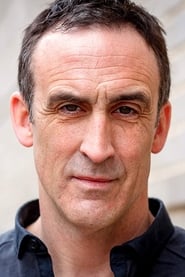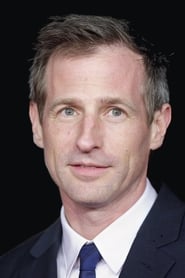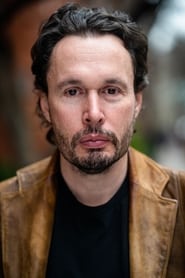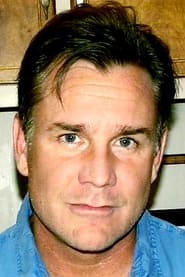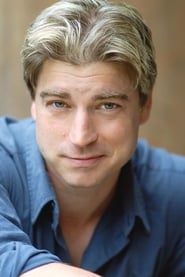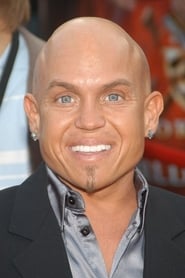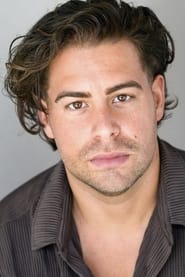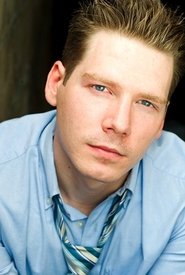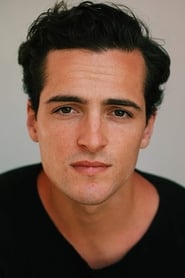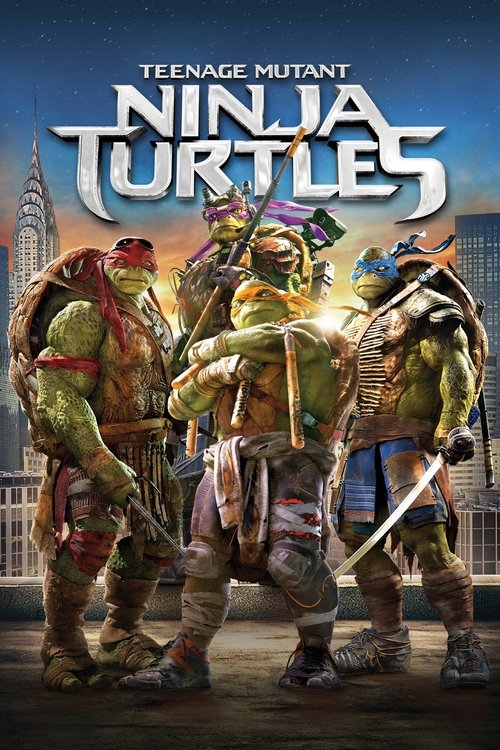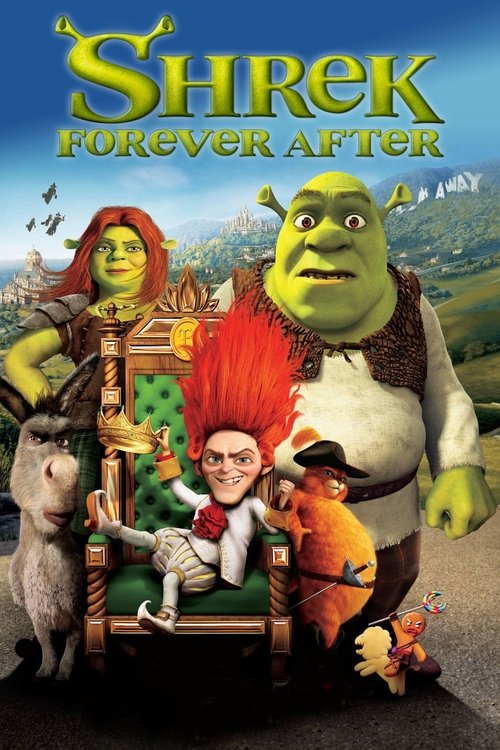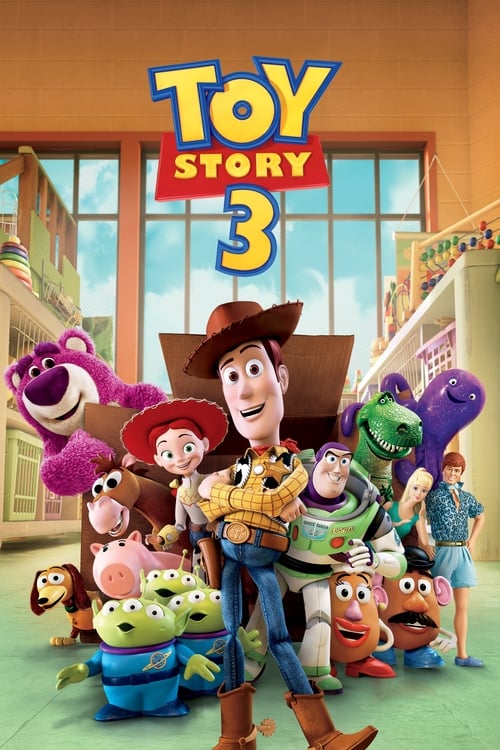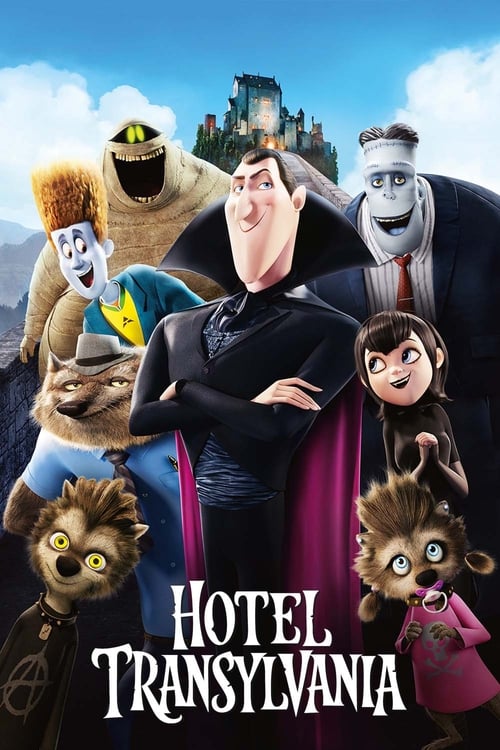
Ask Your Own Question
What is the plot?
It is the spring of 1987 in New York City, and the camera sweeps through the chaotic, electrified trading floor of L.F. Rothschild. Jordan Belfort, just twenty-five, steps into this world with wide eyes and a hungry heart, narrating his story as the embodiment of youthful ambition. The office pulses with energy, money, and drugs--a fever dream of excess. At lunch, Jordan sits across from his mentor, Mark Hanna, who drums his chest and delivers the infamous "fugazi" speech, telling Jordan, "Nobody knows if a stock is going up, down, or sideways, least of all stockbrokers. But we have to pretend we know." Hanna snorts cocaine and urges Jordan to embrace the hedonism of Wall Street, setting the cynical, seductive tone that will define Jordan's life.
Jordan throws himself into the job, learning the art of selling illusions, not investments. But then Black Monday strikes--October 19, 1987. The market crashes. Jordan's dreams shatter as L.F. Rothschild collapses, and he is suddenly unemployed, his future uncertain. Desperate, he lands at the Investor's Center, a dingy boiler room in Long Island. There, he discovers the gold mine of penny stocks: junk shares sold to naive investors, with commissions as high as 50%. Jordan's aggressive pitch and charm quickly earn him a small fortune, and he realizes he has a gift for convincing people to hand over their money.
One night, at a local diner, Jordan meets his eccentric neighbor, Donnie Azoff. Donnie, fascinated by Jordan's flashy car and rumors of his wealth, bluntly asks, "Are you married?" and then offers to quit his job on the spot if Jordan can prove his earnings. They shake hands, and a partnership is born--one fueled by ambition, greed, and an insatiable appetite for risk.
Jordan recruits his childhood friends--Robbie Feinberg, Alden Kupferberg, Nicky Koskoff (nicknamed "Rugrat"), Chester Ming, Toby Welch, and local drug dealer Brad Bodnick. They set up shop in a rundown auto repair garage, transforming it into the first office of Stratton Oakmont. Jordan trains his crew in the "hard sell," teaching them to manipulate and deceive with relentless energy. The firm's success explodes as they run a classic pump-and-dump scheme, artificially inflating stock prices and dumping them on unsuspecting investors. Jordan cloaks their criminality with a respectable name, and by 1989, Stratton Oakmont is born.
As the money pours in, the office morphs into a frat house of financial savagery. Scenes of dwarf-tossing, cocaine-fueled orgies, and wild parties fill the halls. Jordan's motivational speeches become legendary, his chest-pounding bravado infecting the staff with his manic energy. The company moves to larger, more lavish offices, and Jordan's personal life spirals into decadence.
Jordan's wife, Teresa Petrillo, watches in growing horror as his lifestyle becomes a blur of prostitutes, drugs, and reckless spending. At a lavish party, Jordan meets Naomi Lapaglia, a stunning lingerie designer whose beauty and confidence captivate him. Their affair is passionate and public, and when Teresa discovers the truth, she confronts Jordan in a furious, tearful scene. "You think I don't know what's going on?" she screams, her heartbreak palpable. Jordan's response is cold, and their marriage ends in divorce. He quickly marries Naomi in 1991, trading stability for excitement and excess.
The firm's notoriety explodes after a Forbes exposé dubs Jordan "The Wolf of Wall Street"--"a sort of twisted Robin Hood who takes from the rich and gives to himself and his merry band of brokers." The nickname enrages Jordan at first, but the article draws hundreds of ambitious young brokers to Stratton Oakmont, swelling its ranks and fueling its meteoric rise.
Jordan's empire grows, but so does his recklessness. He spends millions on mansions, cars, and his yacht "Naomi," hosting parties that blur into orgies of sex, drugs, and debauchery. His addiction to Quaaludes, cocaine, and alcohol intensifies, and he begins to neglect his young daughter, Skylar, and his new wife, Naomi. Their marriage quickly shows cracks--Naomi is disgusted by Jordan's infidelity and drug abuse, and their arguments grow increasingly violent.
In 1993, Jordan orchestrates the Steve Madden IPO, manipulating the stock to net $22 million in three hours. The scheme draws the attention of the SEC and FBI, led by Agent Patrick Denham. Denham, methodical and relentless, begins investigating Stratton Oakmont, wiretapping phones and surveilling the firm's activities.
Jordan, paranoid and desperate, seeks ways to hide his fortune. He travels to Geneva with Donnie to open a Swiss bank account with corrupt banker Jean-Jacques Saurel, using the name of Naomi's aunt, Emma, a British citizen living in London, to evade American authorities. Jordan enlists Brad's Swiss-Slovenian wife, Chantalle, and her family--who have European passports--to smuggle cash into Switzerland, taping stacks of bills to their bodies.
During one cash handoff, Donnie and Brad get into a heated argument in public. Brad is arrested, and Donnie narrowly escapes, but the incident draws further scrutiny from law enforcement. Jordan's private investigator, Bo Dietl, warns him that the FBI is wiretapping his phones. The pressure mounts, and Jordan's paranoia grows.
Jordan's addiction reaches a dangerous peak. In one infamous scene, he takes a massive dose of Lemmon 714 Quaaludes, believing them to be duds. Hours later, the drugs kick in with devastating force. Jordan attempts to drive his prized Lamborghini Countach home from the country club, but his body is paralyzed, and he crashes spectacularly. The police arrive, but without proof he was behind the wheel, they cannot arrest him. The incident, however, is a stark illustration of Jordan's self-destruction.
As the FBI closes in, Jordan's world unravels. Aunt Emma dies of a heart attack in London, complicating the laundering scheme. Her death draws attention to the Swiss account, making it vulnerable to investigation and exposing Jordan's hidden assets. The loss is both logistical and emotional--Emma had been a key to their criminal enterprise, and her passing marks the beginning of the end.
Jordan's relationships fracture under the strain. Naomi confronts him about his infidelity and drug abuse, culminating in a violent argument. In a haze of drugs, Jordan tries to drive away with their daughter, Skylar, nearly crashing the car. Naomi, terrified and furious, announces she is leaving him and taking custody of their child. The marriage is over, and Jordan is left alone, consumed by rage and regret.
Meanwhile, the FBI's case against Stratton Oakmont solidifies. Agent Denham, refusing Jordan's attempted bribe on the yacht, intensifies the investigation. The firm's staff grows restless as rumors of legal trouble circulate. In a dramatic confrontation, Jordan gathers his employees and delivers the now-famous "I'm not leaving!" speech, pounding his chest and refusing to step down despite mounting pressure. His ego and greed are on full display, and the moment marks a point of no return.
The authorities move in. Jordan is arrested and offered a plea deal: wear a wire to incriminate his colleagues in exchange for a reduced sentence. Torn between loyalty and self-preservation, Jordan agrees. In a tense, emotionally charged scene at the office, he attempts to warn Donnie by passing him a note during a recorded conversation. The FBI notices the gesture, and Jordan's betrayal is exposed.
Donnie's realization is devastating. The partnership that built Stratton Oakmont ends in betrayal and heartbreak. The staff is arrested or loses their fortunes, and the firm is shut down. Jordan's empire collapses, and he is sentenced to 36 months in federal prison for securities fraud and money laundering. The consequences of his actions are finally, inexorably, realized.
In prison, Jordan reflects on his rise and fall. The walls are bare, the luxury gone. He serves his time, stripped of power and wealth. When he is released, he finds himself in New Zealand, giving sales seminars to small groups of eager attendees. The setting is humble, a far cry from the opulence of Wall Street. Jordan stands before the crowd, teaching them how to sell, echoing his earlier motivational speeches but now with a note of irony and resignation.
The film's final scene lingers on the faces of the seminar attendees--hungry, hopeful, ready to be seduced by the promise of easy money. The cycle of greed and manipulation continues, albeit on a smaller scale. Jordan's story ends not with redemption, but with the sobering realization that the hunger he once embodied is alive and well in the world, waiting for its next wolf.
No major characters are killed by violence; the only death is Aunt Emma's, by natural causes, which triggers the unraveling of Jordan's laundering scheme. Every confrontation--Jordan vs. Teresa, Jordan vs. Donnie, Jordan vs. Denham, Jordan vs. Naomi, and Jordan vs. his staff--ends in emotional devastation, legal ruin, or betrayal. Every twist, from the Forbes exposé to the FBI wiretap, is revealed in full. The story closes with Jordan alone, his empire destroyed, teaching strangers how to chase the same illusions that once consumed him.
What is the ending?
In the ending of "The Wolf of Wall Street," Jordan Belfort is arrested and ultimately serves time in prison for his financial crimes. After his release, he becomes a motivational speaker, teaching others how to sell. The film concludes with him addressing an audience, showcasing his charm and persuasive skills.
As the film approaches its climax, we see Jordan Belfort, played by Leonardo DiCaprio, facing the consequences of his extravagant lifestyle and illegal activities. The scene shifts to a tense moment where Jordan is in his lavish office, surrounded by his loyal team at Stratton Oakmont. The FBI has been closing in on them, and the atmosphere is thick with anxiety. Jordan, ever the charismatic leader, tries to rally his team, insisting that they will not go down without a fight. His internal conflict is palpable; he is torn between the thrill of his hedonistic lifestyle and the looming threat of imprisonment.
In a pivotal scene, Jordan's wife, Naomi (Margot Robbie), confronts him about the impending doom. She is visibly distressed, caught between her love for Jordan and the reality of their crumbling empire. Jordan, however, remains in denial, believing he can outsmart the authorities. This moment highlights his deep-seated need for control and his inability to accept the consequences of his actions.
As the FBI finally moves in, the tension escalates. Jordan's world begins to unravel. He is arrested, and the once-mighty king of Wall Street is brought low. The scene is stark, contrasting the opulence of his previous life with the cold, sterile environment of the police station. Jordan's internal struggle is evident as he grapples with the reality of his situation. He is no longer the invincible figure he once was; he is now a man facing the repercussions of his greed.
The narrative then shifts to the courtroom, where Jordan's fate is being decided. He pleads guilty to multiple counts of fraud and money laundering. The emotional weight of this moment is heavy; he reflects on his choices and the lives he has impacted. His former associates, including Donnie Azoff (Jonah Hill), also face their own reckoning. Donnie, who had been a loyal accomplice, is left to navigate the fallout of their actions, ultimately receiving a lighter sentence but still facing the consequences of their shared crimes.
After serving time in prison, the film takes a turn to show Jordan's life post-incarceration. He is released and attempts to reintegrate into society. In a final scene, he stands before an audience as a motivational speaker, showcasing his natural charisma and persuasive abilities. The camera captures the rapt attention of the crowd, illustrating that despite his fall from grace, Jordan still possesses the gift of gab that once made him a millionaire.
The film concludes with a powerful image of Jordan, now a man who has lost everything yet still commands attention. His fate is a complex one; he is no longer the wealthy broker but remains a master of persuasion, hinting at the cyclical nature of his character. The audience is left to ponder the implications of his journey, as he embodies both the allure and the pitfalls of ambition and excess.
Who dies?
In "The Wolf of Wall Street," there are no significant character deaths that occur on-screen or are central to the plot. The film primarily focuses on the rise and fall of Jordan Belfort, played by Leonardo DiCaprio, and his extravagant lifestyle, rather than on violent confrontations or fatalities.
However, there are a few moments that hint at the darker consequences of the characters' actions, particularly in relation to the illegal activities they engage in. For instance, there are references to the potential dangers of their lifestyle, including drug use and reckless behavior, but these do not culminate in explicit deaths within the narrative.
The film does depict the moral and legal downfall of many characters, including the eventual arrests and imprisonments of Jordan and his associates, but these are not portrayed as deaths. Instead, the focus remains on the consequences of their actions, the impact of their hedonistic lifestyle, and the eventual disillusionment that follows their rise to power and wealth.
In summary, while the film showcases a world filled with excess and the potential for self-destruction, it does not feature any character deaths that are pivotal to the storyline. The narrative is more concerned with the themes of greed, corruption, and the ephemeral nature of success.
Is there a post-credit scene?
The Wolf of Wall Street does not have a traditional post-credit scene. Instead, the film concludes with a final scene featuring Jordan Belfort, played by Leonardo DiCaprio, addressing an audience at a seminar. In this moment, he is seen teaching others how to sell, showcasing his charismatic and persuasive nature. The scene encapsulates his relentless ambition and the cycle of manipulation and greed that defines his character throughout the film. As he engages with the audience, it highlights his ability to captivate and influence, leaving viewers with a sense of his unrepentant nature and the ongoing allure of his lifestyle. The film ends on this note, emphasizing the themes of ambition and moral ambiguity that permeate the narrative.
What illegal activities does Jordan Belfort engage in to build his wealth?
Jordan Belfort, played by Leonardo DiCaprio, engages in a series of illegal activities including pump-and-dump schemes, where he artificially inflates the price of stocks to sell them at a profit, and securities fraud, manipulating the stock market to benefit his brokerage firm, Stratton Oakmont.
How does Jordan's relationship with his wife, Teresa, evolve throughout the film?
Jordan's relationship with Teresa, portrayed by Cristin Milioti, begins with a passionate romance, but as Jordan becomes increasingly consumed by his hedonistic lifestyle and infidelity, their marriage deteriorates. Teresa becomes disillusioned with Jordan's drug use and reckless behavior, ultimately leading to their separation.
What role does Donnie Azoff play in Jordan's rise to power?
Donnie Azoff, played by Jonah Hill, is Jordan's close friend and business partner who plays a crucial role in the establishment and success of Stratton Oakmont. His enthusiastic and reckless personality complements Jordan's ambitions, and together they engage in extravagant spending and illegal activities that propel their wealth.
How does the FBI investigation impact Jordan's life and business?
The FBI investigation, led by Agent Patrick Denham, begins to close in on Jordan and his firm as they uncover evidence of fraud and corruption. This pressure leads to paranoia and tension within the company, ultimately resulting in arrests and the unraveling of Jordan's empire, forcing him to confront the consequences of his actions.
What is the significance of the yacht scene with the Quaaludes?
The yacht scene, where Jordan and his associates take Quaaludes, is significant as it showcases the extreme excess and reckless abandon of their lifestyle. The scene is marked by chaotic humor and absurdity, highlighting Jordan's drug-fueled state and the consequences of his addiction, ultimately leading to a comical yet dangerous situation.
Is this family friendly?
The Wolf of Wall Street is not family-friendly and contains numerous potentially objectionable or upsetting scenes and aspects, including:
-
Graphic Drug Use: The film depicts extensive drug use, including cocaine and other substances, often in a celebratory and excessive manner.
-
Sexual Content: There are multiple scenes featuring nudity, sexual acts, and suggestive situations, including orgies and sexual exploitation.
-
Profanity: The dialogue is filled with strong language, including frequent use of vulgarities and slurs.
-
Violence: There are moments of physical altercations and aggressive behavior, including scenes that depict the consequences of reckless actions.
-
Moral Ambiguity: The film portrays a lifestyle of greed, corruption, and unethical behavior, which may be disturbing for some viewers.
-
Themes of Excess: The overarching themes of excess, materialism, and the consequences of a hedonistic lifestyle may be unsettling for sensitive viewers.
These elements contribute to the film's mature rating and make it unsuitable for children or those who may be sensitive to such content.

